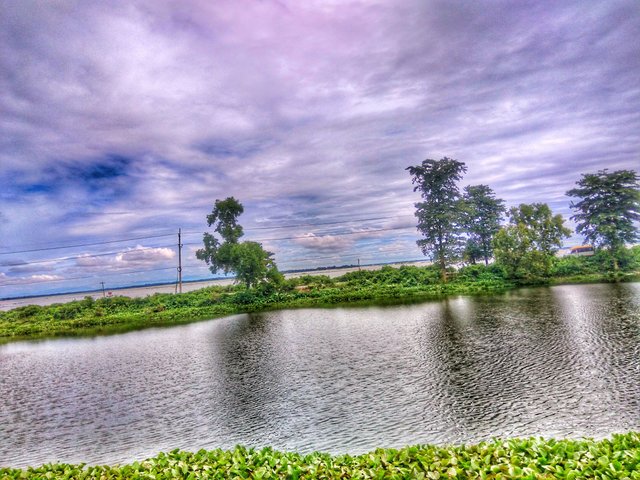growing the next generation of scientists
Scientists have a duty to inspire the next generation of students. To do this, we need greater interaction with young people and the local community.
The number of undergraduate students in STEM has stayed relatively consistent over the past decade at around 46% of the total student number. However, with the approach of Brexit and the accompanying uncertainty when it comes to future science funding from the European Union, many students may be seeing alternative career paths as safer in post-EU Britain. As scientists, it is our duty to ensure that future talent is not dispirited — we should try to preserve the international status of UK research.
The 2014 Kings College London ASPIRES report looked into the factors influencing young people’s career aspirations. It cited the widely held perception of scientists as ‘brainy’ as discouraging to young people considering whether to pursue science beyond compulsory schooling. Those who do not perceive themselves as amongst the ‘brainiest’ in the class were more likely to view science careers as being unachievable. Whilst undoubtedly the media plays a role in the persistence of the stereotype of a scientific ‘genius’, perhaps we as scientists are also at fault for hiding behind our lab benches. How many of us have given talks on our careers during assemblies, or given demonstrations to school students?
In my seven years of education at a local state school, not once do I remember hearing a talk from a down-to-earth, passionate young researcher. In fact, no researchers came to talk at my school at all. Interactions between students and scientists can break down the stereotypes and reframe science for what it can be – an inquiry into the unknown.
The Bradford Science Festival, a local yearly event, is heavily aimed at children of a primary and early secondary school age. One exhibition at the 2017 event, named The Future Zone, aimed to expose children to the wide array of local scientific enterprises to encourage the thought of careers in science, engineering and technology. Events such as these should be present across the country, with direct partnership between schools, research departments and businesses.
Scientists also need to play a consulting role in creating a curriculum that exposes students to the realities of science from a young age. If young students are educated about peer review and correct experimental design, then we can cultivate a generation that upholds these key values and practises correct scientific etiquette.
Interaction with scientists is not just an advantage in terms of recruiting the next generation of researchers. It is also important in awakening young people to the significance of qualities for which scientists are esteemed — analysis, problem solving and creativity. As scientists we strive to make the future a better one, but we must not forget the important part that children play in it.
Congratulations @mdnazirhossain! You have completed some achievement on Steemit and have been rewarded with new badge(s) :
Click on any badge to view your own Board of Honor on SteemitBoard.
For more information about SteemitBoard, click here
If you no longer want to receive notifications, reply to this comment with the word
STOP